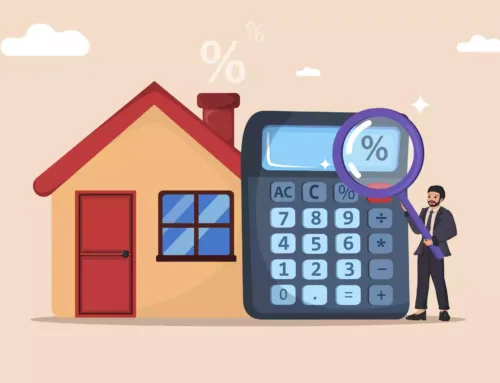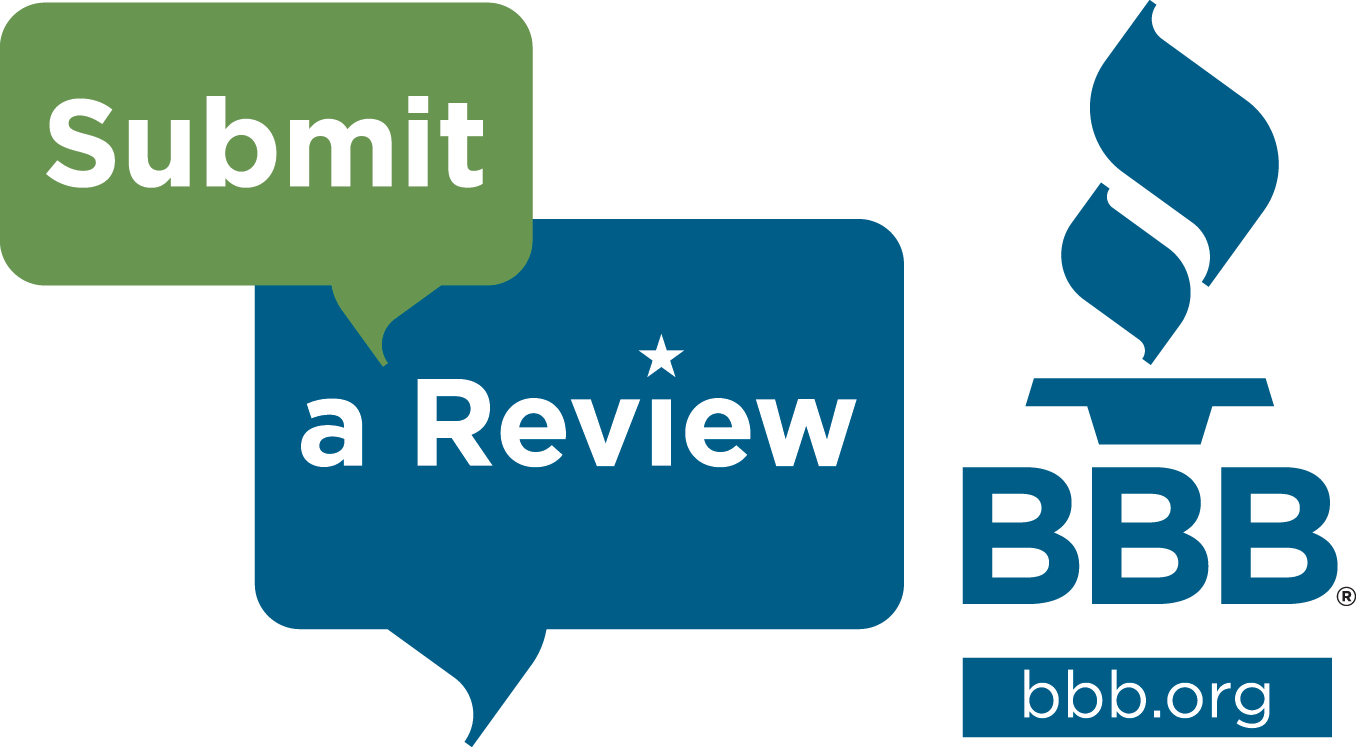Mortgage 101: APR vs. Interest Rate – What’s the difference?

You will most likely encounter the terms APR and interest rate when you start looking for a mortgage. Many buyers don’t understand the difference between these two terms and mistakenly consider them to be the same thing. But APR and interest rate are very different, and it’s important for borrowers to compare both. Here’s a closer look at APR and interest rate.
Interest Rate
The interest rate refers to the amount that is charged for borrowing money and is expressed as a percentage. Fees and other charges are not included in the interest rate. The size of your monthly principal and interest payment is determined by your interest rate, along with the term and loan amount. There are several factors that may affect your interest rate:
– Length of the loan
– The value of your home compared to the amount you borrow
– How long you plan to live in the home
– Your credit score
– Property type
– Mortgage program
APR
APR stands for annual percentage rate. APR is a combination of two things: the interest rate of the loan, plus lender fees, closing costs any other fees required to finance the loan. Because of this, your APR will usually be higher than your interest rate, and the higher the loan fees, the larger the APR will be relative to the rate. For example, if there are no fees and the rate is fixed, the ARP will equal the rate. APR is a way to show you how much it costs to borrow money at your given interest rate with the particular closing costs and fees associated with a mortgage loan. APR reflects the total cost of borrowing money for a mortgage over the full term of the loan, expressed as an annual rate. Because lender fees are included, you can better see the true cost of a loan and make a fair comparison between different types of mortgages offered by different lenders.













